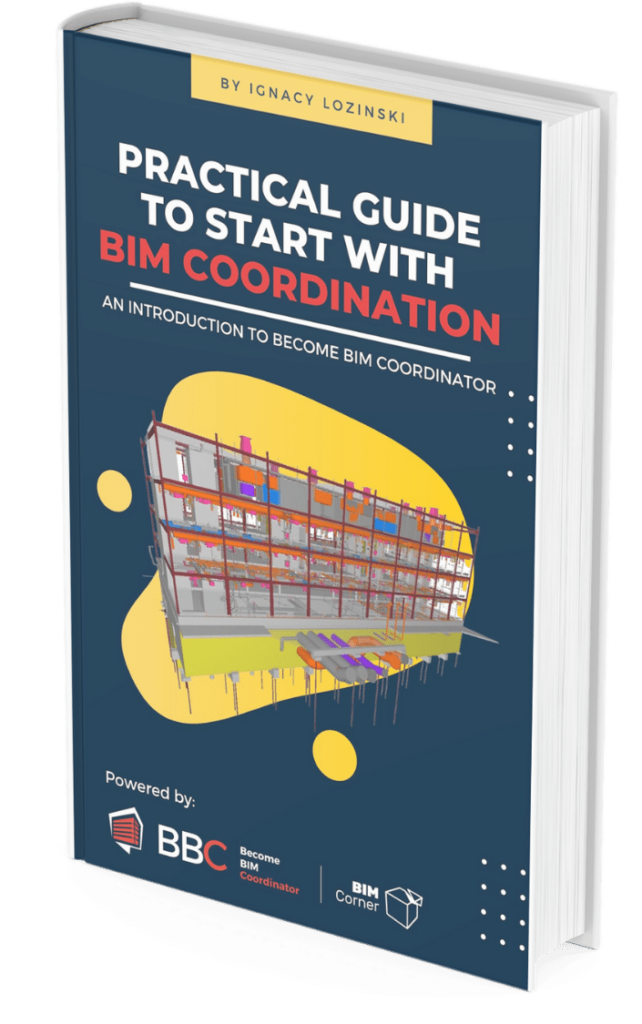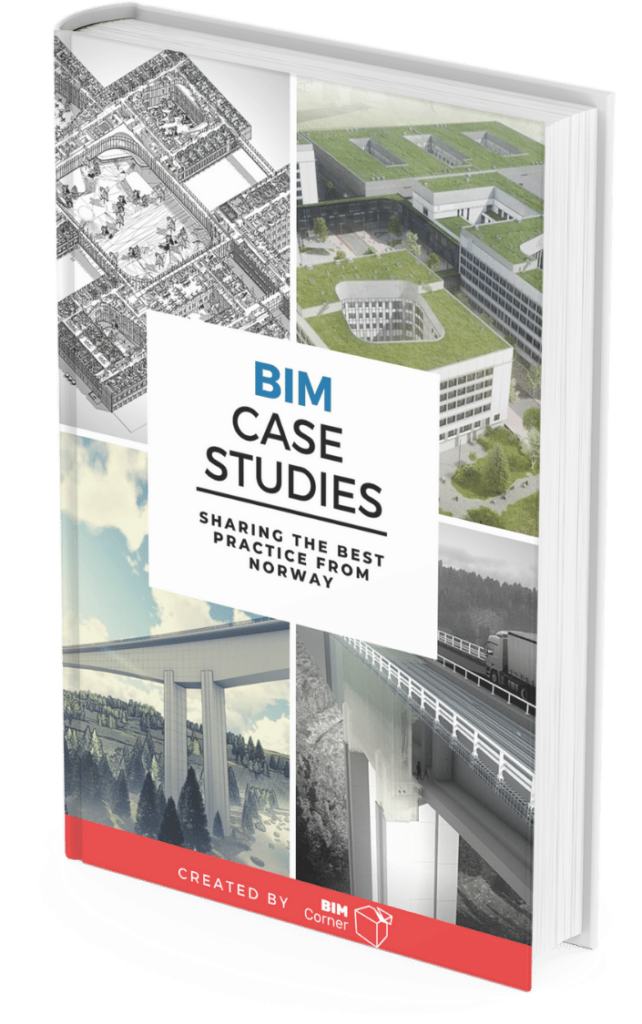Do you work with Navisworks?
Maybe you are wondering which options and tools in this software should I learn as a BIM Specialist.
It’s not easy to answer, but there is one particular tool that affects the way I work with Navis. 👇
Today we are going to talk about search sets in Navisworks.
If you work with Navisworks, then knowing search sets is a key to effective work.
With them, you can create logical groups of elements based on their common property.
They are cumbersome for every model check I perform in Navis.
Learning search sets in Navisworks is a game-changer for BIM Coordinators.
Here are the reasons why folks should use search sets
– You can save time and effort by automating the selection and filtering of elements within your models.
– You can precisely target and analyze specific elements, reducing the chances of missing critical issues during coordination.
– You can share predefined search sets with team members, – it enhances communication.
– By Automating element selection you reduce the risk of human errors that can occur during manual selections.
– Search Sets are dynamic so you can easily modify them to accommodate to project changes,
but....
…unfortunately, many professionals in the AEC industry miss out on the benefits of using Search Sets.
They are simply unaware of the existence and potential benefits of Search Sets in Navisworks. They think that search sets might be complex or time-consuming to learn.
On the other hand, some of my BIM colleagues resist adopting new ways of work and processes, preferring to stick with familiar methods even if they are less efficient.
However, I came today with a rescue.🙌

Would you like to learn more about BIM COORDINATION? JOIN AN ONLINE PROGRAM TO BOOST YOUR SKILLS
So let's learn how to build reliable search set👇
In the following steps, I will explain how you can overcome these obstacles and make the most out of Search Sets in Navisworks.
Step 1: Turn on Find Item tool
In Navisworks go to HOME tab. Then you click on Find Item tool in a Select and Search panel.
Step 2: Create your first search set
In the Find Items tools on the left side you have a list of models that you are going to search through. On the right side, you define your search criteria.
So, let’s say that you want to find all structural columns in the model
Each column has a defined category in the Element property. Check the picture below. You search: Element then Category = Structural Columns
So we need to add this condition to our search criteria.
It should look like this.
We hit Find All and then all structural columns in the model are selected.
Easy right?
What’s more. 👇
We can also combine searches. Let’s say that you would like to add windows to this search.
You just add an extra “Or Condition” related to windows.
Voilà. Now Windows is added to search.
Step 3. Save your search set
Now what we can do, we can save this search set and export it to another project.
In that way, we don’t need to create search sets for every project. Go to Sets. And then Save Search set.
Note: Remember that the search set is going to work only if the searched model information is located in the same place for both projects.
Step 4 Automatically build search sets.
Many don’t know about it, but search sets in Navis are built in at the start-up of the project.
We can leverage that. Search sets are predefined properties in Navisworks.
In the Selection Tree, choose Properties. Here you see a list of Search sets that you can choose from.
Search Sets have a binocular icon associated with them.
This is how I create a search set with columns and windows in a matter of seconds
- I choose Properties,
- I select Element then Category, and then I choose columns and windows.
- In the Find Item tool search criteria will be automatically created.
Easy right?
So now you should know how to create search sets, and why they are important for BIM Coordinators.
There are many techniques how to build reliable search sets that can be populated to other projects.
Now you know the basics, so start exploring this tool. It’s very powerful and helps BIM professionals in many situations.
I use it all the time in my BIM Coordinator role.
I hope that you’ve learned something today and you find this piece useful.
Let me know if you have any comments. Just drop a line below. 👇



















Hi Ignacy, if the IFC files received from the specialists have classification errors, it seems like it’s not possible to effectively use sets. It’s very difficult to convince designers to properly classify items in the models because they find excuses, saying that their software doesn’t allow them to do that. It’s quite frustrating. Do you often encounter such situations as well?